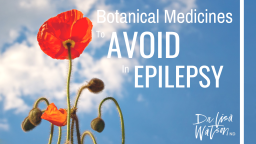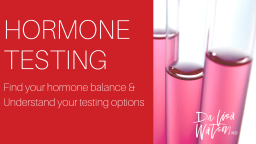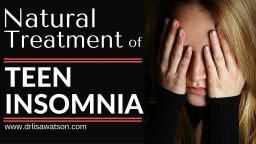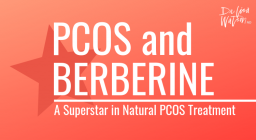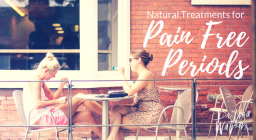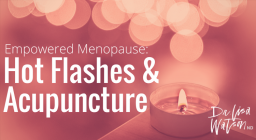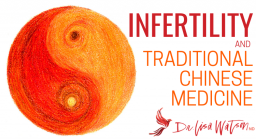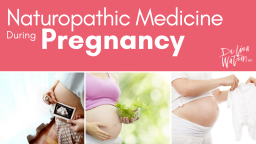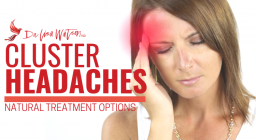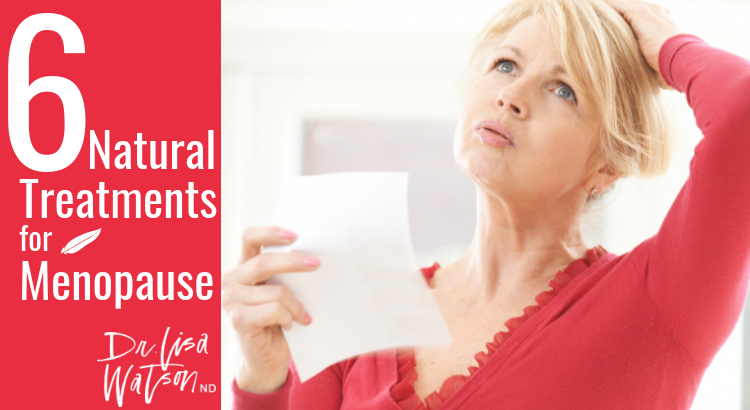
Menopause is the natural transition out of the childbearing years of a woman’s life. So why is this natural transition often treated with synthetic hormones that have increase your risk for stroke, pulmonary embolism, coronary artery disease and breast cancer?
Symptoms of menopause begin for most women between 46-55 years of age and can persist for 2-20 years (8 years is average). With the risks associated with synthetic hormone replacement therapy (HRT) more and more women are looking for natural alternatives. Learn more about six of the top recommended natural treatments for menopause and how they may help you transition smoothly through menopause.
Black cohosh (Actaea racemosa)
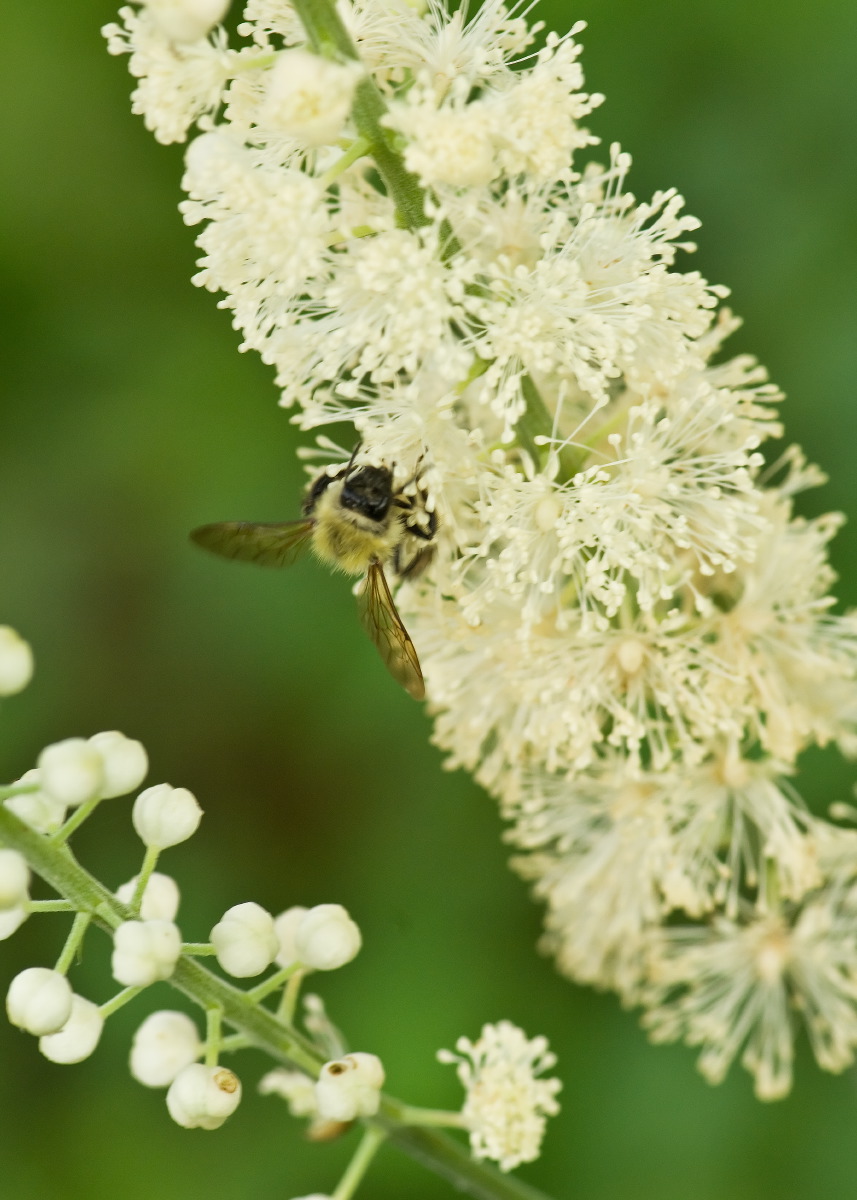
Black cohosh is one of the most important and popular natural remedies for menopause. Several large studies have found that daily use of black cohosh for a minimum of 8 weeks improved symptoms of menopause including hot flashes, night sweats, headaches, insomnia, mood swings, irritability and vaginal dryness.
Black cohosh is often self-prescribed but should be used under supervision of a Naturopathic Doctor. Studies suggest that the effectiveness of black cohosh can be increased by combining it with other natural treatments.
Isoflavones
Isoflavones are compounds found in plants that have estrogen-like actions in humans. They are also known as “phytoestrogens”. Clinical studies have shown that isoflavones can reduce symptoms of hot flashes and vaginal dryness in menopause.
Additionally some isoflavones (particularly those in soy) are also effective preventative agents for certain types of cancer, including breast cancer. Isoflavones also protect the body against heart disease, increase good (HDL) cholesterol, decrease bad (LDL) cholesterol and triglycerides, and help prevent osteoporosis.
Isoflavones are most commonly found in combination with other phytoestrogens. A diet high in soy may also provide a significant amount of isoflavones, especially if fermented soy products like natto or miso are consumed. Do not take soy based isoflavones, or consume a high soy diet if you have a history of thyroid disease.
Red Clover (Trifolium pratense)
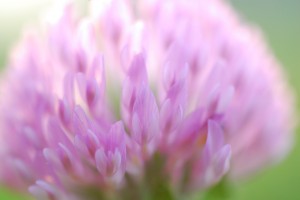
Red clover is a popular phytoestrogen supplement for management of menopausal symptoms. It is most effective for hot flashes and night sweats. It contains isoflavones so also has many of the same benefits listed above (decreasing bad cholesterol, prevention of osteoporosis).
There are multiple drug-herb interactions for red clover, so it should only be taken under supervision by a Naturopathic Doctor. Red clover interacts with blood thinners and antivirals and may not be appropriate if you are taking these medications.
Vitamin C
Vitamin C and citrus bioflavonoids are known to improve the integrity of blood vessels and promote healthy blood flow. This has been shown in preliminary studies to improve symptoms of hot flashes. Vitamin C is also incredibly safe and can be taken in food form. Good sources of vitamin C include citrus fruits, papaya, bell pepper, strawberries, cauliflower and dark green leafy vegetables.
Exercise
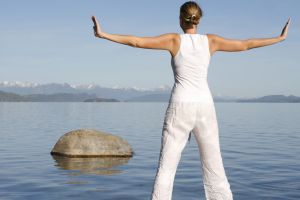 Exercise should be incorporated into a healthy lifestyle during the menopausal transition and beyond. A list of some of the benefits of exercise in menopause are listed below. Exercise has been demonstrated in clinical studies to improve quality of life in menopausal symptoms, and decreases the frequency and severity of hot flashes. A combination of weight bearing and aerobic exercise at least 3.5 hours per week is recommended for women in menopause and postmenopausal women.
Exercise should be incorporated into a healthy lifestyle during the menopausal transition and beyond. A list of some of the benefits of exercise in menopause are listed below. Exercise has been demonstrated in clinical studies to improve quality of life in menopausal symptoms, and decreases the frequency and severity of hot flashes. A combination of weight bearing and aerobic exercise at least 3.5 hours per week is recommended for women in menopause and postmenopausal women.
Health Benefits of Regular Exercise in Menopause
- Relief from hot flashes
- Decreased bone loss
- Improved cardiovascular function and circulation
- Decreased blood pressure
- Decreased cholesterol levels
- Increased self-esteem, mood, endurance and energy levels
Acupuncture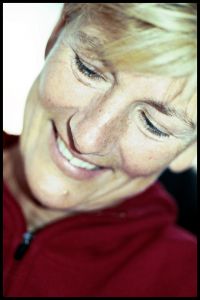
The natural menopause treatment that has been getting the most media attention is acupuncture. Acupuncture, when individually tailored to a woman’s menopausal symptoms can be extremely effective in decreasing discomfort and relieving symptoms. A range of 6 to 12 sessions over an 8 to 12 week period should be used to determine if acupuncture will be effective.
As with all natural therapies, the most effective approach is an integrative one. Consultation with a qualified Naturopathic Doctor who can tailor a treatment plan to your symptoms, current health and lifestyle will allow you to reap all the benefits natural therapies have to offer.
Disclaimer
The advice provided in this article is for informational purposes only. It is meant to augment and not replace consultation with a licensed health care provider. Consultation with a Naturopathic Doctor or other primary care provider is recommended for anyone suffering from a health problem.
References
Osmers R, Friede M, Liske E, et al: Efficacy and safety of isopropanolic black cohosh extract for climacteric symptoms. Obstet Gynecol 2005; 105:1074-1083
Wuttke W, Seidlova-Wuttke D, Gorkow C: The Cimicifuga preparation BNO 1055 vs. conjugated estrogens in a double-blind placebo-controlled study: Effects on menopause symptoms and bone markers. Maturitas 2003; 44 (Suppl 1):S67-S77.
Tice JA, et al: Phytoestrogen supplements for the treatment of hot flashes: The Isoflavone Clover Extract (ICE) Study: A randomized controlled trial. JAMA 2003; 290:207-214.
Wyon Y, et al: A comparison of acupuncture and oral estradiol treatment of vasomotor symptoms in postmenopausal women. Climacteric 2004; 7:153-164.
Lindh-Astrand L, Nedstrand E, Wyon Y, Hammar M: Vasomotor symptoms and quality of life in previously sedentary postmenopausal women randomised to physical activity or estrogen therapy. Maturitas 2004; 48:97-105.
Nachtigall L, La Grega L, Lee W, Fenichel R. The effects of isoflavones derived from red clover on vasomotor symptoms and endometrial thickness. In: Proceedings of the 9th International Menopause Society World Congress on the Menopause. Yokohama, Japan: 1999.



